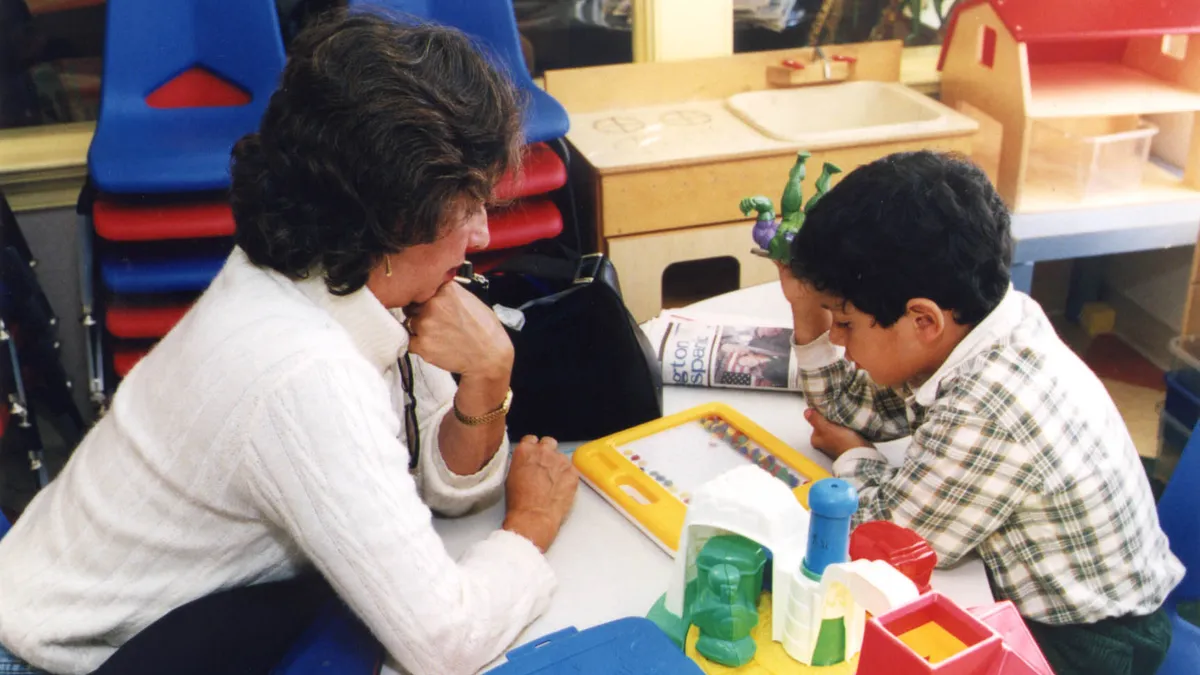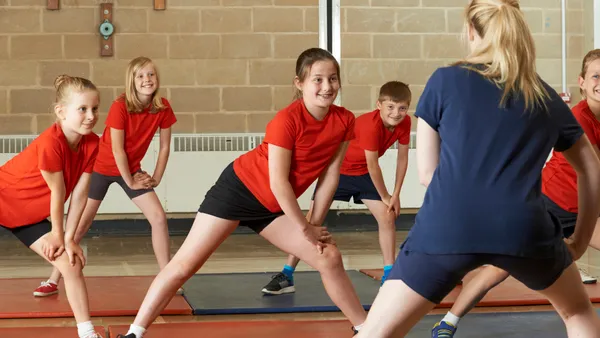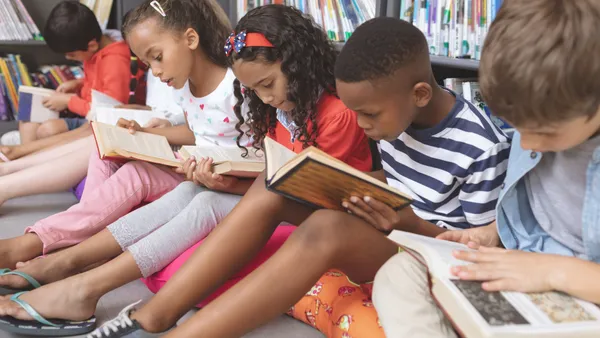Dive Brief:
- Students are currently experiencing loss on many levels due to the coronavirus pandemic, including the death of loved ones, lifestyle changes, family financial strains and more. Though teachers and principals are not trained as grief counselors, they do play critical roles in children’s recoveries, Edutopia reports.
- Educators can guide students through their feelings and physical reactions they may have, such as tightness in the chest and numbness, to encourage healing. Educators can prompt younger students to talk through their emotions or pick a creative outlet like journaling to help process their feelings instead of offering quick solutions or telling students how to feel.
- Older students can benefit from one-to-one check-ins, planned home visits and video calls. Smaller breakout sessions can help students work though structured conversations using open-ended questions, and use techniques like empathy interviews to validate feelings.
Dive Insight:
Districts are emphasizing social-emotional learning above concerns like learning loss as social isolation, loss of life, and other stresses take a toll on families nationwide. Student check-ins can include time to discuss feelings and assess whether students seem stressed.
Leaders are urging teachers to reach out to families with resources and not wait for them to reach out first. In some places, principals are reaching out themselves to ensure families are getting basic necessities like meals. Schools can also work with therapists and tap into community partners to provide other supports.
Prior to the pandemic, states and districts were increasingly recognizing the importance of social-emotional learning. In Virginia, three students urged lawmakers to pass legislation requiring state-mandated mental health education in K-12 schools. Now, Virginia requires mental health education in 9th and 10th grades. Florida also mandates mental health education. In Colorado, a grant program allows for crisis and suicide prevention professional development.
Indiana Public Schools' 2019 Teacher of the Year nominee Kristin Gladish uses music to heal the emotional trauma of newly arrived immigrant students. Her music class includes drums, recorders and ukuleles. The approach has also been credited with helping students learn English in a relatable way while building trust with new adults and developing relationships with peers.
Second Step, a social-emotional learning curriculum for K-8, added supplemental materials for teachers to use during the pandemic. The materials are now free to teachers and families.













